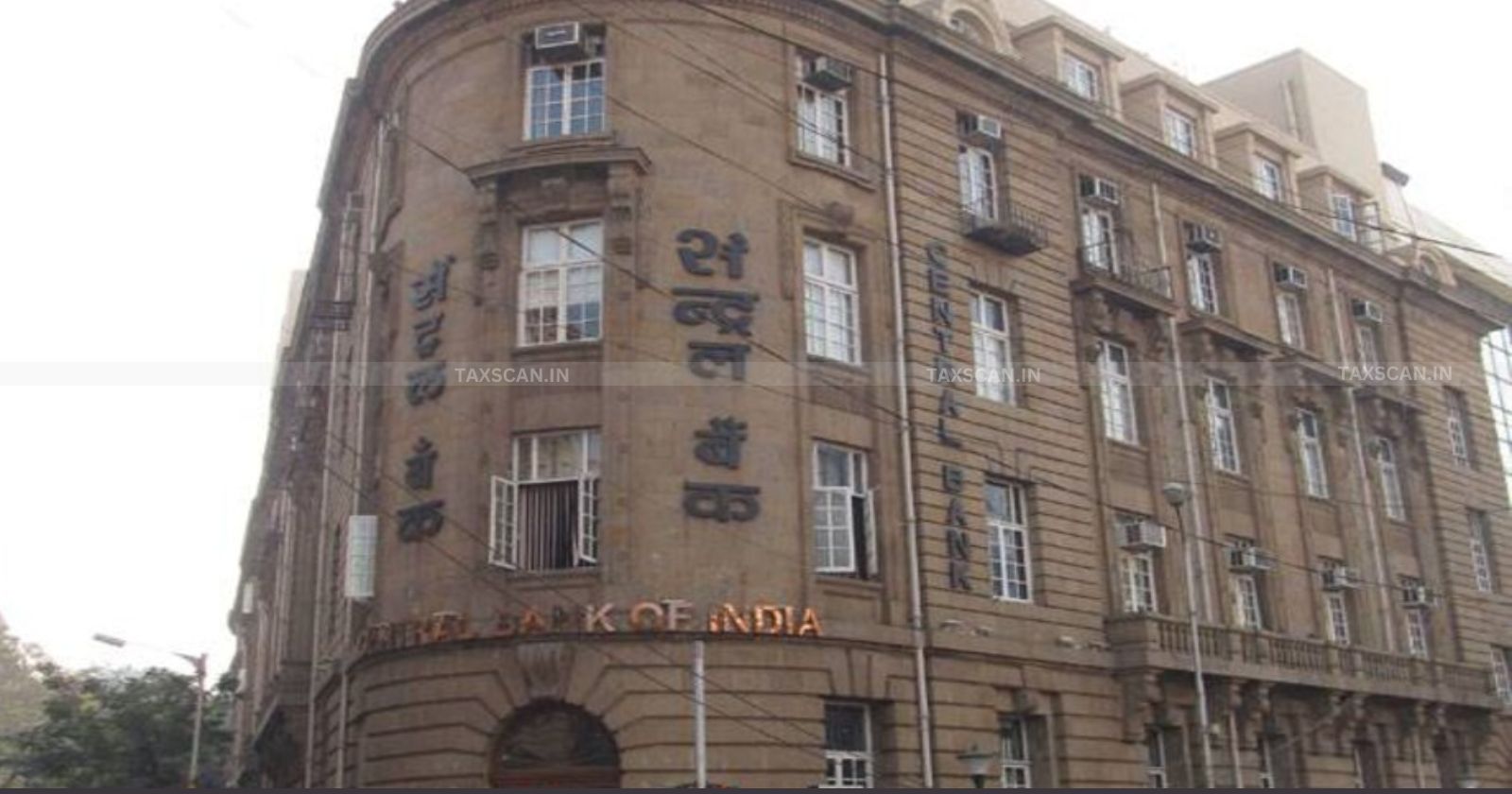Guarantor cannot become Financial Creditor in absence of any Payment In Discharge of Guarantee: NCLAT Rules in favour of Central bank of India [Read Order]
In the absence of payment by the appellants , they cannot be treated as financial creditor therefore it was observed that no error was committed by the Adjudicating Authority

NCLAT – NCLAT New Delhi – National Company Law Appellate Tribunal – NCLAT Rules in favour of Central bank of India – taxscan
NCLAT – NCLAT New Delhi – National Company Law Appellate Tribunal – NCLAT Rules in favour of Central bank of India – taxscan
In a ruling in favour of the Central Bank of India, the New Delhi bench of National Company Law Appellate Tribunal ( NCLAT) has held that a guarantor cannot become a financial creditor without paying any amount towards discharging the liability of the principal borrower for whom the guarantee was given.
The appeal has been filed by Mr. Suresh Kumar and Anr against an order passed by the Adjudicating Authority by which the reconstitution of the CoC was allowed by excluding the appellant. The corporate debtor was admitted into the insolvency on an application filed by the operational creditor under section 9 of the IBC on 14.02.2020. The Interim Resolution Professional was appointed who constituted the CoC comprising only of unsecured creditors. Thereafter, the Central Bank of India filed its claim before the IRP as a secured creditor.
Become PF & ESIC Pro: Basic to Advance Course - Enroll Today
The bank asked several information from the IRP regarding admission of the claims of the unsecured creditors. The IRP sent a report in which two more unsecured financial creditors, the appellants herein, were included in the CoC on the ground that they had given personal guarantee to the applicant bank for securing the loan advanced to the corporate debtor. Their claims were admitted on the basis of the recovery certificate issued against them by the DRT on the basis of a recovery application filed by the bank.
An intervention Application was filed by the applicant in which direction for reconstituting the CoC was sought. The Adjudicating Authority allowed the said IA and held that since the appellants have not paid anything to the creditor, they cannot be members of the CoC.
The appellants submitted that the Adjudicating Authority has committed an error by misinterpreting section 140 of the Indian Contract Act. As per this provision, surety can step into the shoes of the creditor either repaying the loan amount or performing the act for which the principal debtor is liable.
It was contended that however no payment was made in the case but in case the bank proceeded to dispose of the mortgaged property of the appellants, it would tantamount to fulfilling of performance in repayment of the loan.
Per contra, the respondent submitted that appellant who had given Personal Guarantee to the loan obtained by the Corporate Debtor from the Central Bank of India, have not paid any amount, even though Decree has been issued by the DRT, hence they cannot claim to become Financial Creditor of the Corporate Debtor. Section 5 (8) of the IBC provides that the amount of any liability in respect of any of the guarantee or indemnity is also a Financial Debt.
Become PF & ESIC Pro: Basic to Advance Course - Enroll Today
The Coram comprising Mr. Justice Ashok Bhushan ( Chairperson ), Mr. Barun Mitra ( Technical Member ) and Mr. Arun Baroka ( Technical Member ) viewed that the plain language of this provision makes it clear that plain and simple guarantee given by the guarantor cannot be a basis for a financial debt unless there is an amount of liability in respect of such guarantee.
It was ruled that guarantor cannot become the creditor just because a guarantee has been given against the loan advanced to the corporate debtor. It has to be shown that the loan was paid by the guarantor when the corporate debtor failed to discharge its liability then only they can step into the shoes of the creditor and file claim as financial creditor in the insolvency of the corporate debtor.
In the absence of payment by the appellants , they cannot be treated as financial creditor therefore it was observed that no error was committed by the Adjudicating Authority and tribunal dismissed the appeal.
To Read the full text of the Order CLICK HERE
Support our journalism by subscribing to Taxscan premium. Follow us on Telegram for quick updates


